
Politics & Society
Russia’s strange yet predictable election
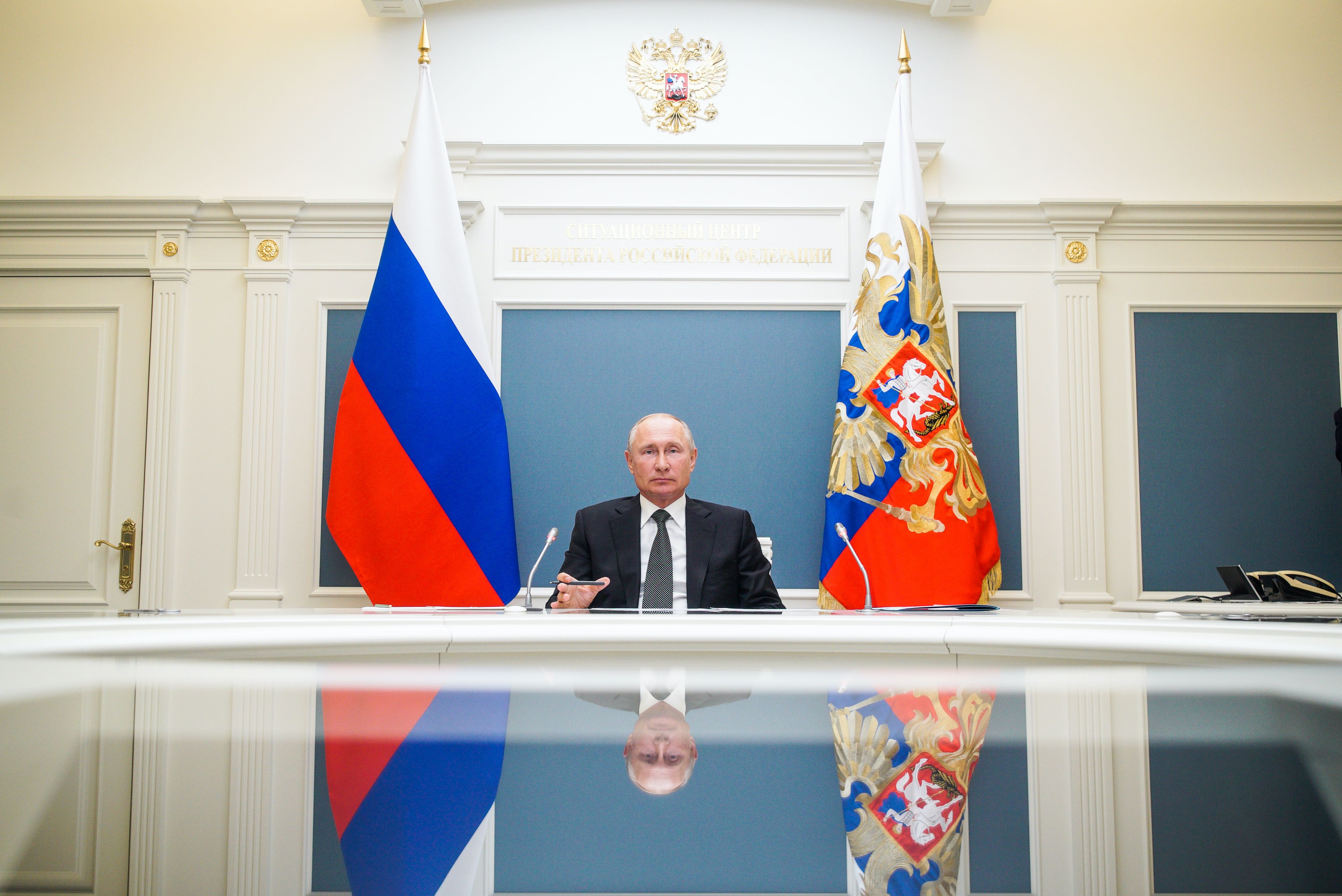
Russia has voted to change the country’s constitution. The amendments shore up Vladimir Putin’s power but also have serious implications for foreign policy
Published 2 July 2020
After seven days of voting culminating on 1 July (amid allegations of vote falsification), official preliminary reports say that a majority of Russians have ratified the most significant set of amendments to the Russian Constitution since 1993.
The national referendum asked voters to decide whether to approve 206 constitutional amendments, one of which allows the Russian president to run for another two terms, potentially extending President Vladimir Putin’s tenure until 2036.

While these amendments have been widely – and correctly – described as allowing Putin to remain in power – why else should we care?
Put simply, they are an attempt by an increasingly insecure and dysfunctional Russian state to shore up support by creating the constitutional image of a strong Russian state. This has important implications for Russian foreign policy.

Politics & Society
Russia’s strange yet predictable election
Ever since Boris Yeltsin ordered tanks to shell the Russian legislature and pushed through a constitution in 1993, Russia’s constitution has created the ultimate strongman president, placing more constitutional power in the president than most countries in the world.
This strongman style of governance has been further strengthened by Putin – both in photo ops of a shirtless Putin, as well as through presidential decrees and legislation.
The amendments cement this further centralisation of power. In particular, they give the President new powers, including the authority to remove judges, appoint some members of the parliament for life and name regional prosecutors.
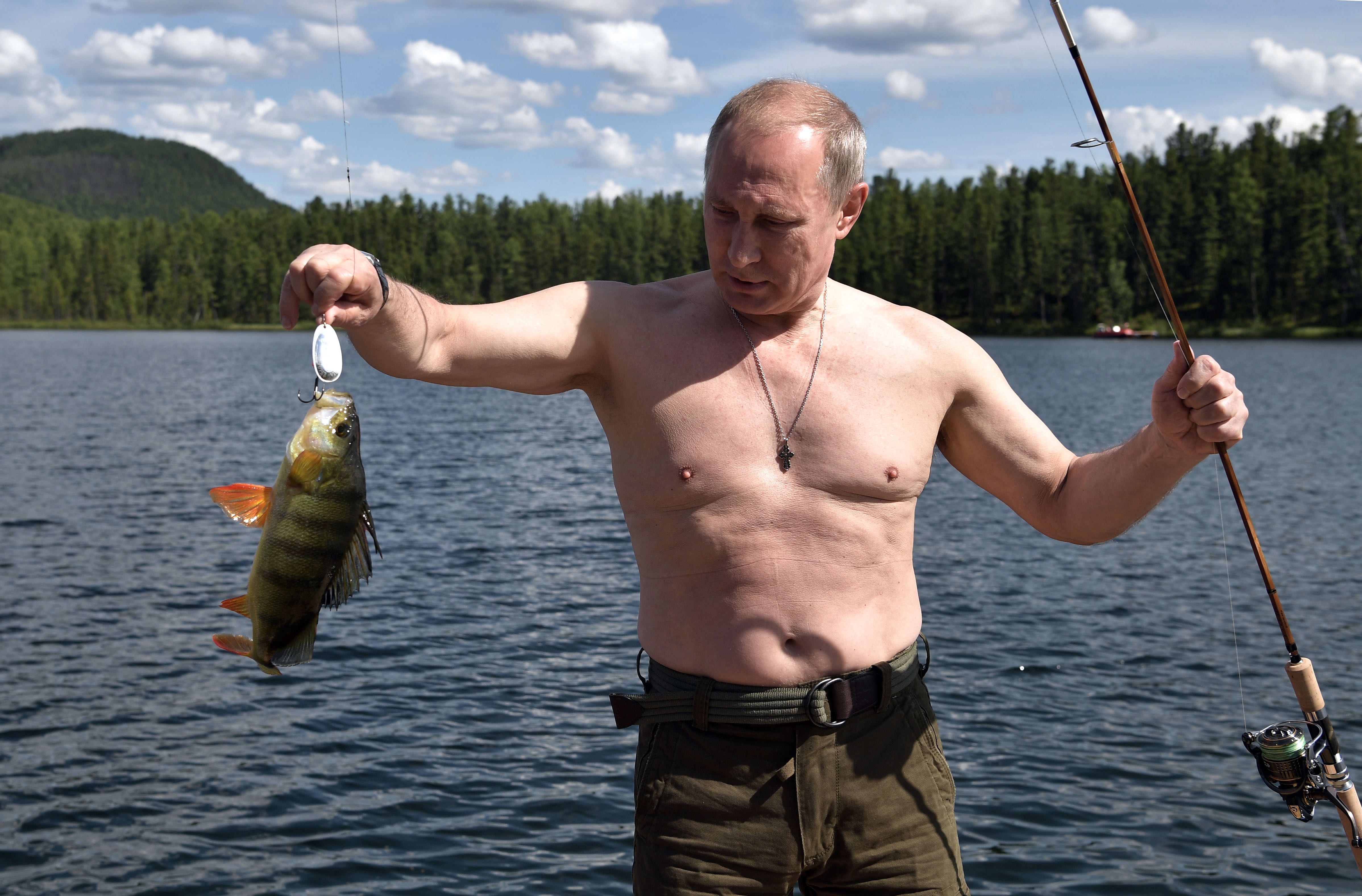
Russia spans eight time zones and is constitutionally a highly diverse federal state with almost 100 subnational entities including regions and cities.
Since Putin’s rise to the presidency in 2000, legislation and fiscal reform has moved financial and decision-making power to Moscow and made the regions mere transmission belts of policy.

Politics & Society
Is the Russian Revolution over yet?
This has contributed to the impoverishment of Russia’s regions as many are given insufficient money to carry out their responsibilities.
The amendments further entrench this situation, placing even more formal constitutional power in the federal centre.
Russia got its start as a project of Moscovite domination centuries ago – it clearly remains that way today.
Russia’s 1993 constitution omits references to Russian nationalism, exceptionalism, or imperialism – in fact, it is actually remarkably internationalist.
The amendments change this.
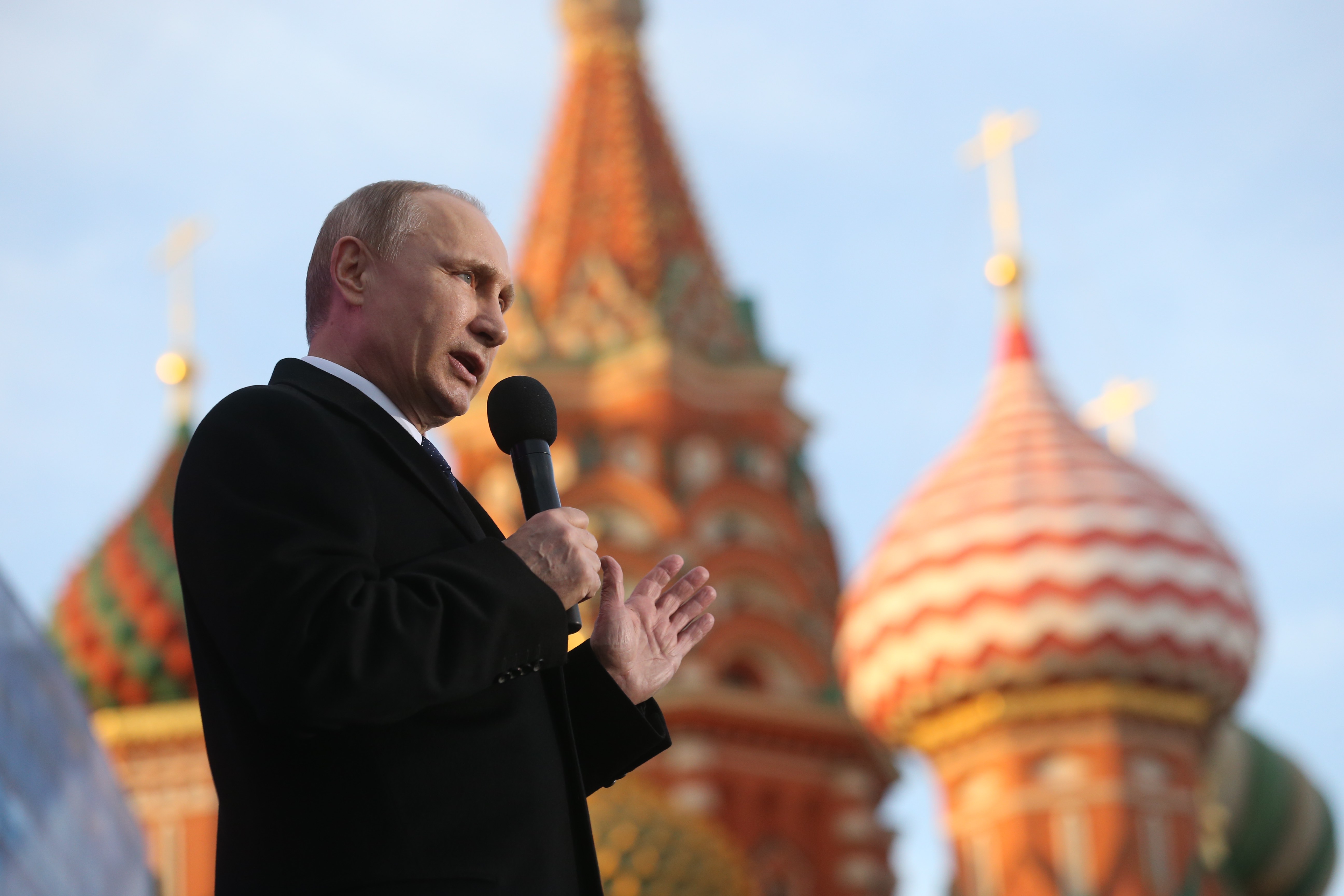
First, they give the Russian Constitutional Court constitutional power to nullify the decisions of international tribunals.
The amendments also place strict limitations on Russians who hold foreign citizenship or residency from serving public office. Most notably, these constitutional restrictions block any individual who has ever held foreign residency or citizenship from ever running for President.
Finally, the amendments also declare the importance of a belief in God, that Russia will defend the historical “truth” about WWII, and that Russia is the successor state to the Soviet Union.

Arts & Culture
A long road until justice served
This both reflects and attempts to solidify moves — particularly since the annexation of Crimea in 2014 — to affirm Russia’s pseudo-imperial position as a strong and independent player in the international system.
These amendments seek to create the constitutional image of the Russian state with a strongman president who directs policy from Moscow and defends Russian sovereignty in an increasingly dangerous world.
The all-Russian vote itself — which is legally unnecessary — is a performative exercise in renewing popular legitimacy for this constitutional image.
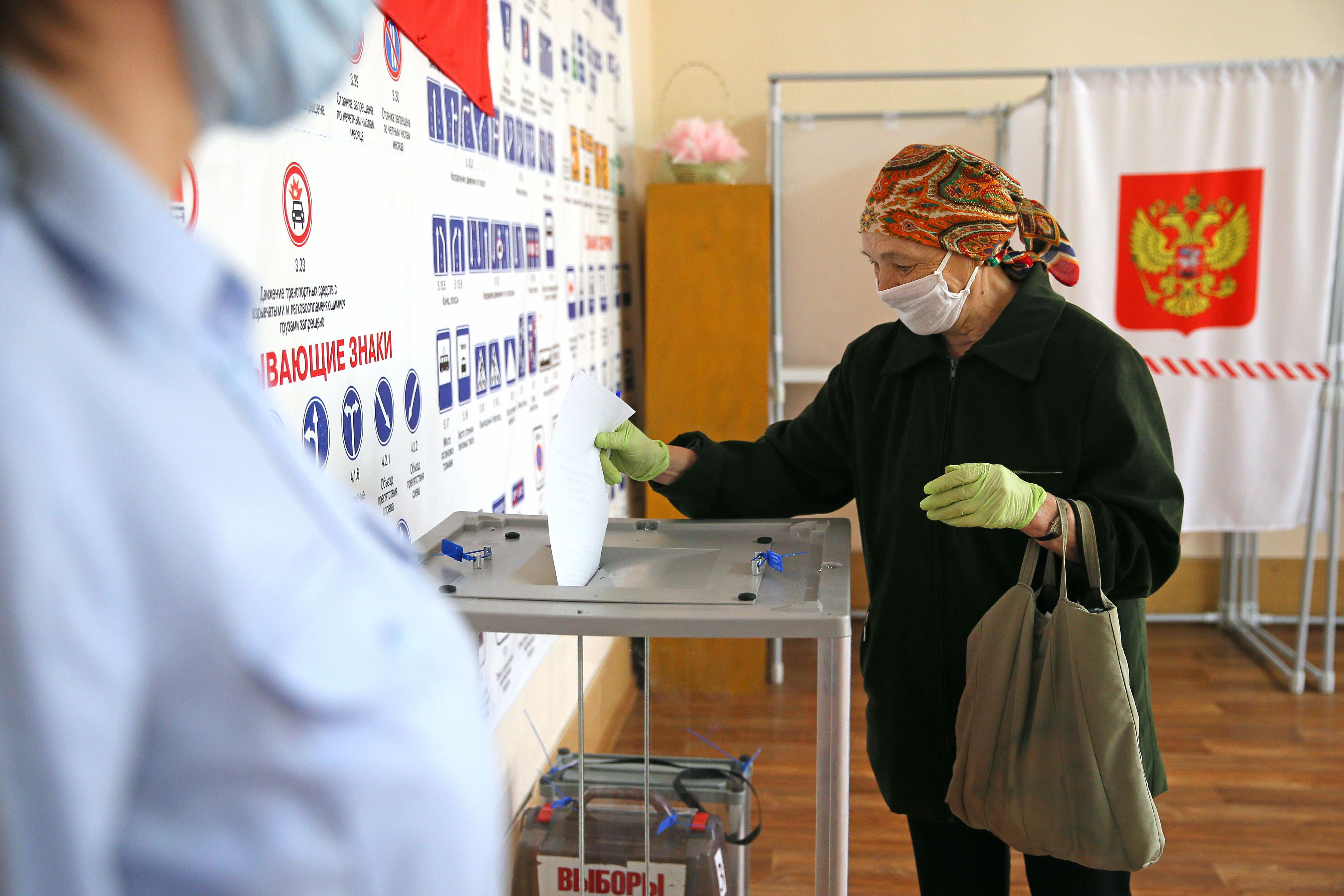
The attempts to re-manufacture legitimacy for constitutional strongman-ism, Moscovite power, and patriotism are necessary because the Russian state is increasingly dysfunctional.
Russia’s centralised and personalised constitutional system – with its singular focus on Vladimir Putin – has ultimately weakened domestic institutions and contributed to growing corruption.

Politics & Society
How Putin is devising his exit plan
The dysfunctionality of this system — and its inability to deliver particularly for those Russians outside of Moscow —has most recently been made apparent in Russia’s bungled response to the COVID-19 pandemic.
So, these amendments are meant to deliver the image of a strong state in the face of an inconvenient reality.
The need to project the constitutional image of a strong state in order to mask domestic dysfunction is a clear sign that Russia will continue its aggressive, spoiler form of foreign policy.
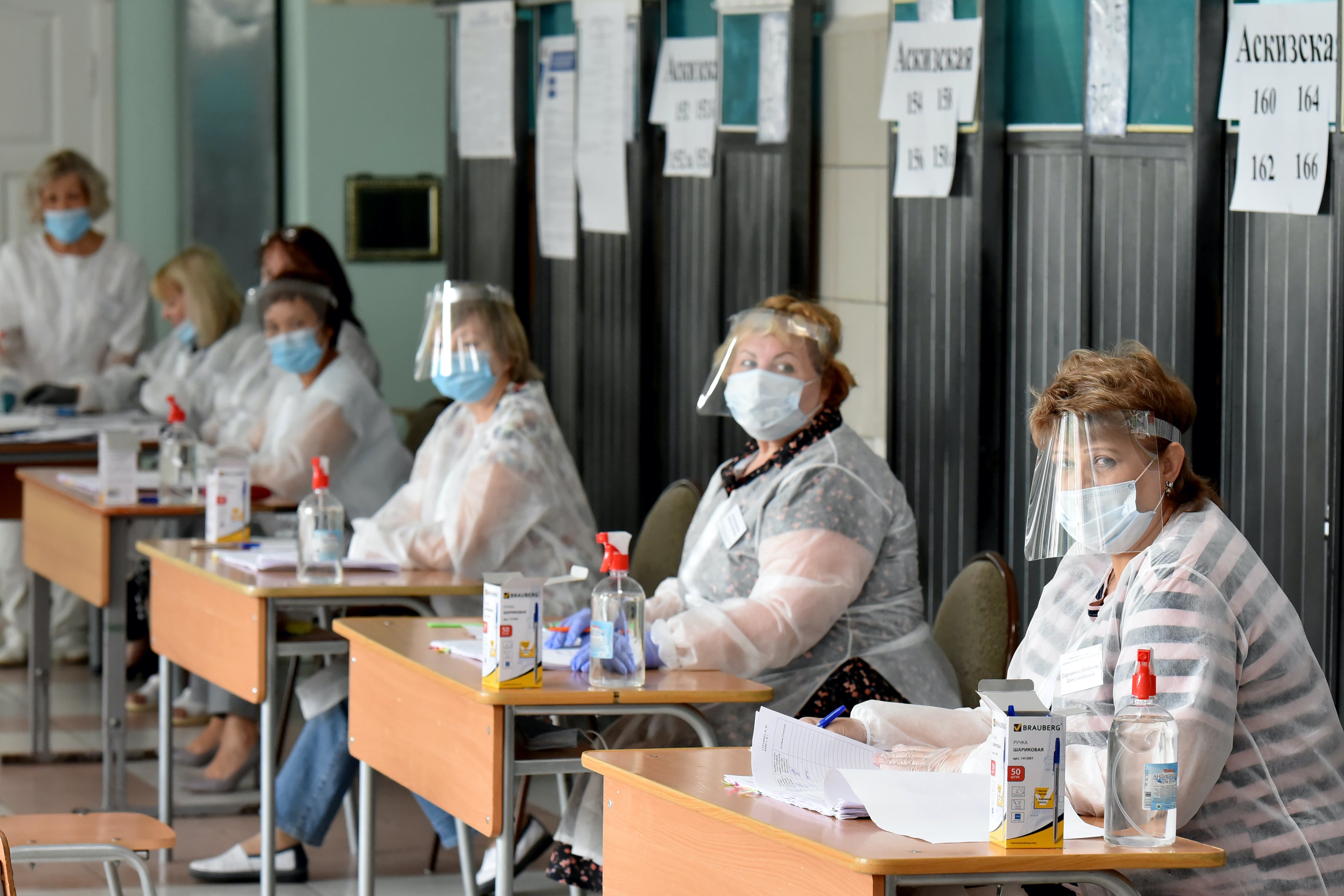
From interfering in foreign elections to annexing Crimea, this kind of foreign policy has been used to shore up the legitimacy of the Russian state in the eyes of the Russian people.
One of the central messages in the campaign for the amendments was that they would safeguard Russian sovereignty and power in the world.
This foreign policy aggression is likely to only increase as Russian strongman-ism continues to fail to adequately respond to the domestic challenges posed by the pandemic.
Banner: Getty Images